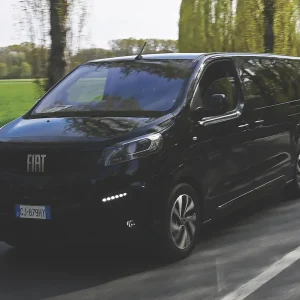Van operators, like any vehicle owner, take the security of their assets very seriously. The theft of a vehicle or its contents can be problematic for any business – however, now, with the threat of terrorism, van theft poses potentially horrific consequences for the public too.
As we all know only too well, there has been an alarming rise in the use of commercial vehicles for terrorist attacks in recent years.
Some of these vehicles have been hired from third parties, itself presenting a range of issues for the industry – between March and June last year rental vehicles were used in attacks that in London alone resulted in the deaths of several innocent people and dozens of injuries.
Meanwhile, according to analysis from the Heritage Foundation, vehicular attacks in Europe since January 2014 have caused 45% of all injuries and 37% of all deaths in terrorist attacks.
In order to meet the growing demand from fleets and their drivers to be better prepared for terror-related incidents, the Fleet Operator Recognition Scheme (FORS) has launched its Security and Counter Terrorism eLearning module.
The online training course, part of the organisation’s Professional ]training programme, has been developed with Transport for London (TfL), the Department for Transport (DfT), the Driving and Vehicle Standards Agency (DVSA), the Metropolitan Police, and High Speed 2 (HS2), and is designed to help focus a driver’s attention on personal and vehicle security
and become more vigilant.
However, although it is aimed at drivers, FORS also encourages fleetmanagers to undertake the same eLearning module because it will help them to demonstrate how they meet the requirement O5 Vehicle Equipment Theft and Unauthorised Access of the FORS Standard, which specifies that fleet operators shall reduce the risk of vehicle and equipment theft
and limit the possibility of unauthorised or illegal access to vehicles.
Further details and guidance can be found at www.fors-online.org.uk/cms/news/new-security-counter-terrorism-elearning-module-launched.
The Standard is produced in association with






